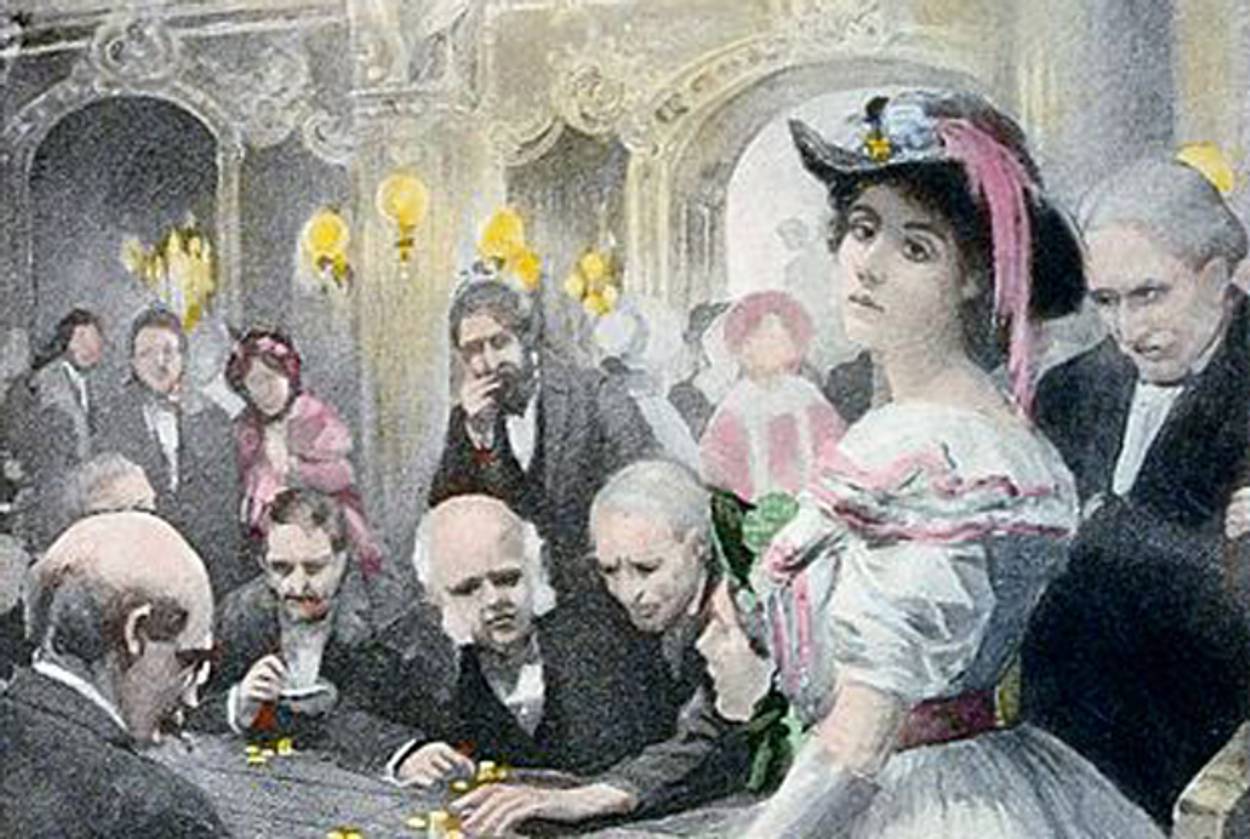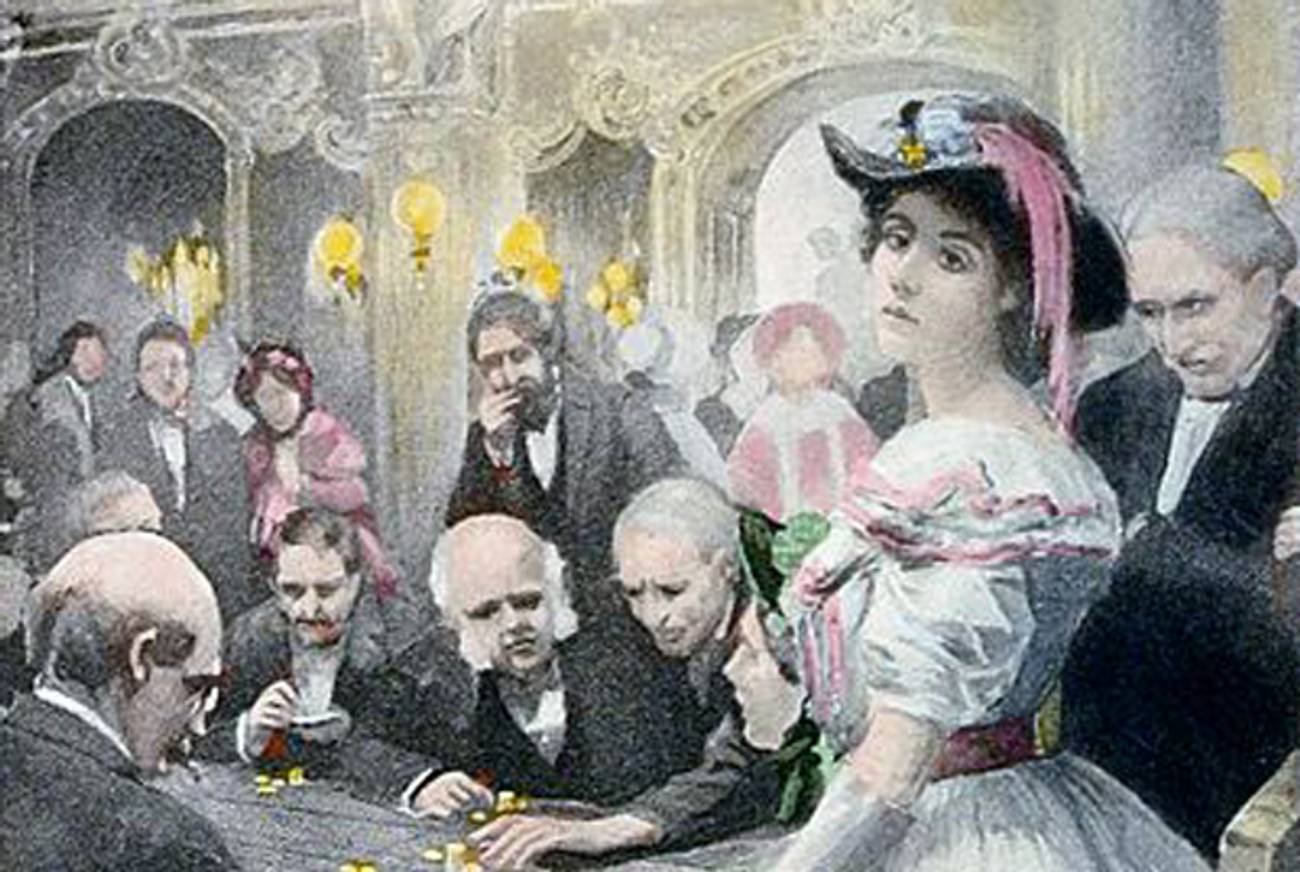Why ‘Daniel Deronda’ is a Radical Failure
Sadly, the great George Eliot’s final novel leaves a lot to be desired




It is a truth universally acknowledged by English PhDs that Daniel Deronda, though penned by the greatest novelist of the English language, is a radical failure. It is similarly if not as universally acknowledged by English professors the world over that it is not the lovely and inspired Gwendolyn Harleth—the first and gentilic of the novel’s protagonists—who ruins Eliot’s final foray into literature, but rather, the insipid plot which revolves around the question of whether a young man is Jewish so that he can marry a suicidal Jewess. How the great George Eliot could have mistaken this second plot for literature, how she could have placed Gwendolyn Harleth—a character so fatally yet so compellingly flawed—in the same novel as Daniel Deronda, Mirah Lapidoth, and the scroll-encrusted “prophet” Mordechai, is a fact that has inspired much critical ink to be spilled, including an inspired essay by the great critic F.R. Leavis in the London Review of Books in which he proposes cutting out the entire Zionist “Deronda ethos”—“the less we are reminded of the Hebraising background, the better,” writes Leavis.
Don’t get me wrong. After centuries of Shylocks and Fagins and Jews of Malta and vampires (thinly veiled caricatures of Jews in the 19th century, with their Old World traditions and foods, Transylvanian accents, and that whole sucking blood thing), it’s nice to read a book in which someone is longing to find out they are Jewish, especially since he is the handsomest and the nicest and the smartest. This fantasy, however, must surely fill any Jew with disgust for its sentimentality, its abnegation of the novelist’s job to produce complexity and reveal truth. I’m not saying it’s impossible to find a Jewish man who is beautiful and good and smart (though they seem to be few and far between these days; am I right, ladies?), but rather, that no fictional character should be described with such abandon, let off the hook of being real, especially no fictional character with the good fortune of being in the same book as Gwendolyn Harleth. In Leavis’ words, the whole Jewish milieu of the book is “insufferable. A certain astringency,” he went on, “is seldom far away in the art of the great George Eliot: there is no astringency at all in the treatment of Deronda and the Deronda world.”
Deronda plays the confessor to Gwendolyn—one of literature’s most compelling characters—and then drops her for the black-eyed, empty-headed Mirah who he rescues from trying to drown herself. Deronda the Good likes himself a fixer-upper; in Eliot’s words, “persons attracted him in proportion to the possibility of his defending them, rescuing them, telling upon their lives with some sort of redeeming influence.” So he tosses aside Gwendolyn, who he could never love because she is apparently too complex and too self-sufficient, and goes for the drowning girl.
While Eliot’s framing of Jews as a kind of messianic, mystical tribe is commendable for the time period in which she was writing, her compassion and idealism sank her last book into unrecognizable tripe. I recommend Middlemarch for a novel that will change the way you relate to the world, make you both a better person and a worse one, unable to forgive your own little foibles or hide them from yourself any longer—after which it will be impossible to ever enjoy Daniel Deronda.
Batya Ungar-Sargon is a freelance writer who lives in New York. Her Twitter feed is @bungarsargon.